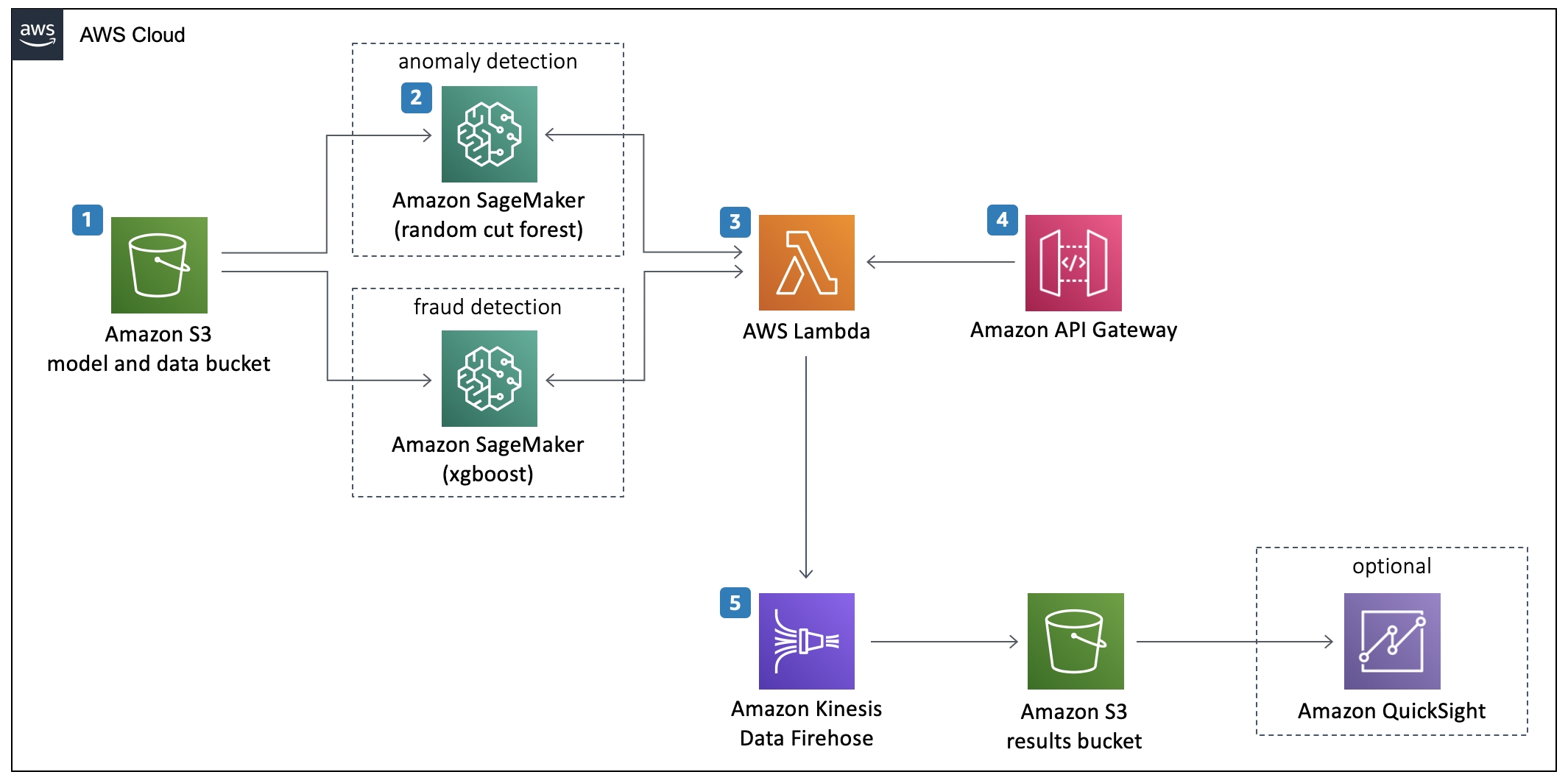AI and Automation: Revolutionizing Operations for Startups
In the ever-evolving landscape of startups, embracing cutting-edge technologies is not just an option; it's a necessity. Among the transformative forces, Artificial Intelligence (AI) and Automation stand out, reshaping how startups operate and compete. This article delves into the profound impact of AI and Automation on startup operations, unraveling their importance and providing young entrepreneurs with insights and examples to navigate this technological frontier.
Artificial Intelligence (AI):
AI refers to the simulation of human intelligence in machines programmed to think, learn, and problem-solve like humans. It encompasses various technologies like machine learning, natural language processing, and computer vision.
Automation:
Automation involves the use of technology to perform tasks without human intervention. In a business context, this often includes streamlining processes, reducing manual effort, and improving efficiency through the use of technology.
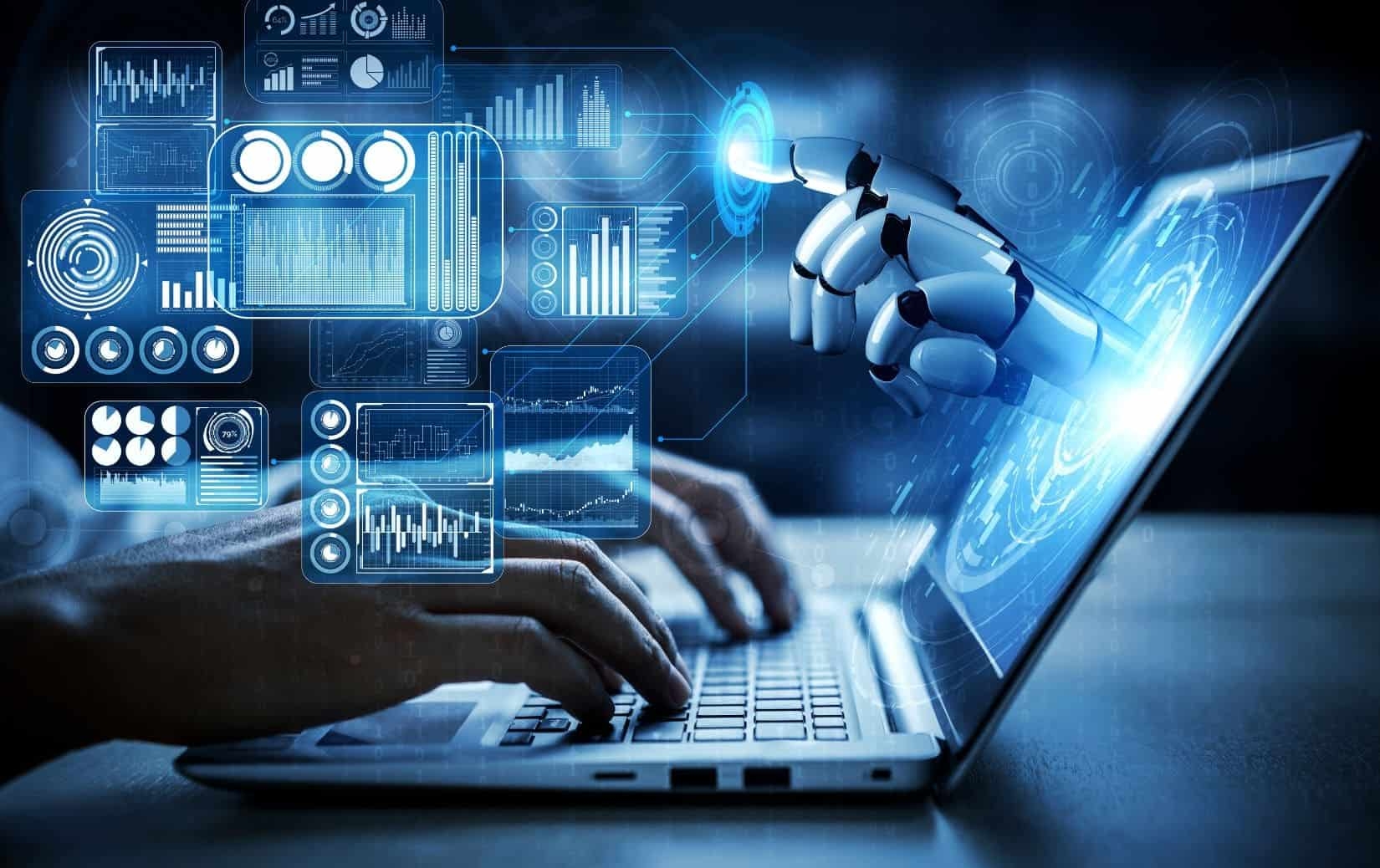
source: veracitz
Importance of AI and Automation for Startups:
Operational Efficiency:
Startups often face resource constraints. AI and Automation enable them to streamline operations, automating repetitive tasks and allowing teams to focus on high-value activities.
Data-Driven Decision-Making:
The ability of AI to analyze large datasets provides startups with valuable insights. This data-driven approach aids in making informed decisions, from product development to marketing strategies.
Cost Savings:
Automation reduces the need for extensive manual labor, resulting in cost savings. Startups can allocate these savings to critical areas such as product innovation or expanding their market reach.
Competitive Edge:
Adopting AI technologies gives startups a competitive edge. From personalized customer experiences to predictive analytics, AI allows startups to offer services that rival those of more established competitors.
Innovation Catalyst:
AI serves as a catalyst for innovation. Startups can leverage AI to create unique products or services, tapping into emerging trends and staying ahead in rapidly evolving industries.
Enhanced Customer Experiences:
Automation, particularly in customer interactions through chatbots and personalized recommendations, enhances overall customer experiences. This is crucial for customer retention and positive brand perception.
Adaptability:
Startups often operate in dynamic environments. AI systems can adapt to changing circumstances, providing startups with the flexibility needed to navigate uncertainties.
Cybersecurity:
As startups handle sensitive data, AI plays a vital role in strengthening cybersecurity measures. It can detect and respond to potential threats in real-time, safeguarding both the startup and its customers.
In summary, the integration of AI and Automation is pivotal for startups looking to scale, innovate, and compete effectively in today's business landscape. The strategic implementation of these technologies can drive efficiency, foster innovation, and position startups for long-term success.
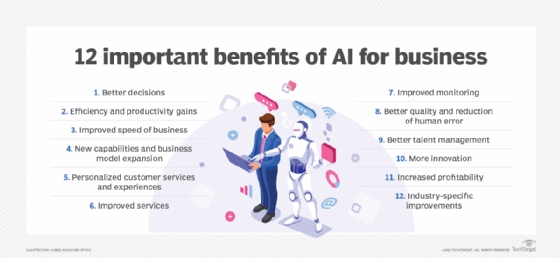
source: techtarget
The Impact of AI on Startups:
Efficiency and Productivity Gains:
Automation of Repetitive Tasks:
AI enables startups to automate repetitive and time-consuming tasks, allowing teams to focus on strategic and creative aspects of their work.
Operational Streamlining:
AI-driven systems optimize processes, leading to increased efficiency in various business operations.
Data-Driven Decision-Making:
Predictive Analytics:
Startups can leverage AI algorithms for predictive analytics, making data-driven decisions regarding market trends, customer behavior, and business strategies.
Enhanced Insights:
AI algorithms can analyze large datasets to provide actionable insights, helping startups refine their products and services.
Customer Experience Enhancement:
Personalization:
AI-powered systems enable startups to offer personalized experiences to customers, from tailored product recommendations to personalized communication.
Chatbots and Virtual Assistants:
AI-driven chatbots enhance customer interactions, providing instant responses to queries and improving overall customer satisfaction.
Innovation and Product Development:
Idea Generation:
AI algorithms can analyze market trends and consumer preferences, aiding startups in generating innovative ideas for new products and services.
Product Enhancement:
Startups can use AI to continuously improve and enhance existing products based on user feedback and market trends.
Cost Reduction and Resource Optimization:
Automated Processes:
AI-driven automation reduces the need for manual labor, leading to cost savings in various operational areas.
Resource Allocation:
Startups can optimize resource allocation by utilizing AI to identify areas where efficiency can be improved.
Market Competitiveness:
Competitive Intelligence:
AI tools can analyze competitors' strategies, helping startups stay informed about industry trends and competitors' activities.
Adaptive Marketing:
AI in marketing enables startups to create adaptive campaigns that respond to real-time market changes, giving them a competitive edge.
Cybersecurity and Risk Management:
Threat Detection:
AI enhances cybersecurity measures by detecting and responding to potential threats in real-time, safeguarding startups against cyber-attacks.
Risk Prediction:
AI algorithms can assess and predict potential risks, allowing startups to proactively address challenges before they escalate.
Scaling Opportunities:
Scalable Solutions:
AI technologies can scale with the growing needs of startups, providing scalable solutions that adapt to increased data volumes and business complexity.
Market Expansion:
AI assists startups in expanding their market reach by providing insights into new market opportunities and consumer segments.
In essence, the integration of AI empowers startups to operate more efficiently, make data-driven decisions, enhance customer experiences, and stay competitive in dynamic business environments. The impact of AI on startups is transformative, enabling them to navigate challenges and unlock new possibilities for growth and innovation.
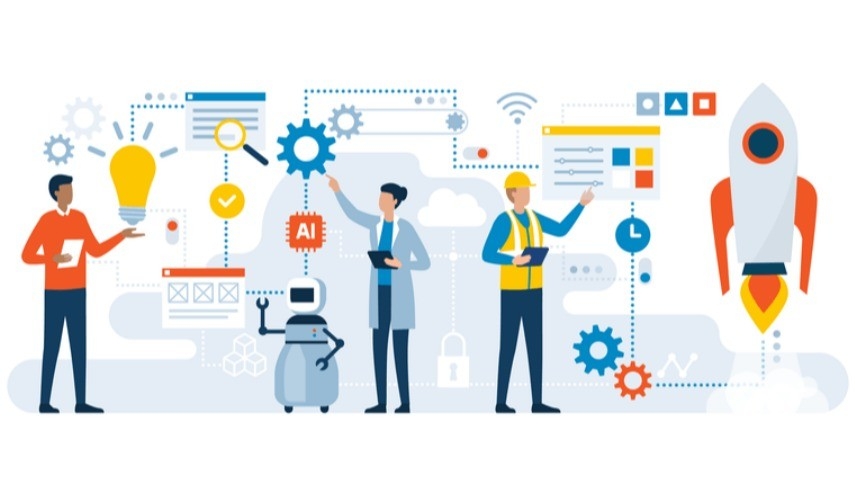
source: linkedin
Examples of AI and Automation in Action:
Chatbot Integration:
Startups like XYZ Tech have implemented AI-powered chatbots on their websites to handle customer inquiries. These chatbots provide instant responses, improving customer satisfaction and freeing up human resources for more complex tasks.

source: talkative
Predictive Analytics for Inventory Management:
An e-commerce startup, ABC Mart, uses predictive analytics powered by AI to optimize inventory management. This ensures that popular products are always in stock, reducing instances of stockouts and improving overall customer experience.
source: ERPVAR
Workflow Automation in Marketing:
A startup in the digital marketing space, Innovate360, leverages automation tools to streamline marketing workflows. This includes automating email campaigns, social media scheduling, and analytics reporting, saving time and resources.
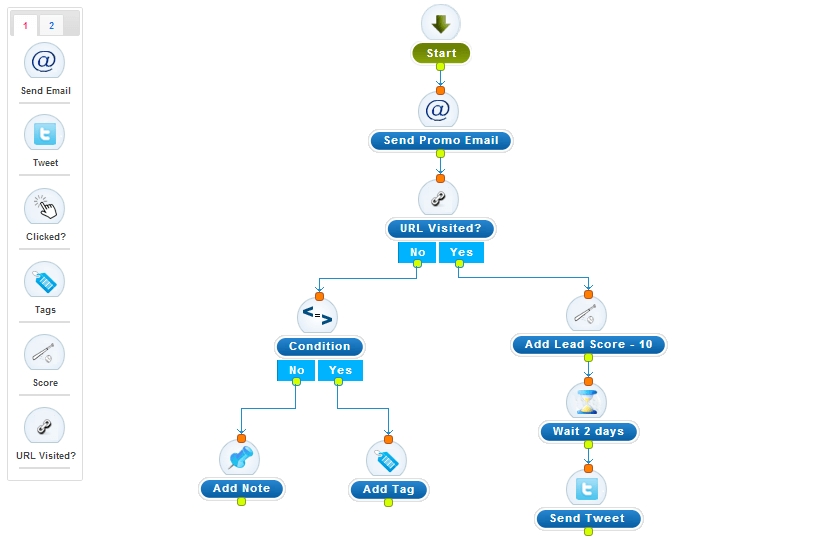
Machine Learning for Fraud Detection:
Financial technology startup SecurePay utilizes machine learning algorithms to detect and prevent fraudulent transactions. This not only protects the company and its customers but also builds trust in the platform.
SOURCE: AMAZON AWS
Navigating the Technological Frontier:
In navigating this technological frontier, young entrepreneurs must not only embrace AI and Automation but also understand the ethical considerations and potential challenges. As we explore real-world examples and case studies, we aim to provide actionable insights that empower the next generation of innovators to harness the full potential of these transformative technologies. The profound impact of AI and Automation on startup operations is not just a trend; it's a paradigm shift that requires a strategic and informed approach.
Conclusion
In the ever-evolving landscape of entrepreneurship, the integration of Artificial Intelligence (AI) and automation stands as a catalyst for transformative change. The profound impact of AI on startups encompasses heightened efficiency, data-driven decision-making, enhanced customer experiences, and innovative approaches to product development. As startups journey through the complexities of the business world, AI becomes not just a tool but a strategic ally in their pursuit of growth and sustainability.
Looking ahead, it's clear that the symbiotic relationship between startups and AI is poised to define the future of business. The opportunities for innovation, scalability, and market competitiveness presented by AI are vast, offering startups a chance to navigate challenges with resilience and unlock unprecedented possibilities.
Call to Action:
For young entrepreneurs, the call to action is clear — embrace the power of AI in your startup journey. Explore the diverse applications of AI, from automating operational tasks to leveraging data insights for strategic decision-making. Stay informed about the latest AI trends and advancements, and consider how these technologies can be tailored to suit the unique needs and aspirations of your startup.
Collaborate with AI experts, invest in learning resources, and foster a culture of innovation within your startup ecosystem. The future belongs to those who can adapt, and AI presents a gateway to not just adaptability but also to pioneering new frontiers in business.







.png)





